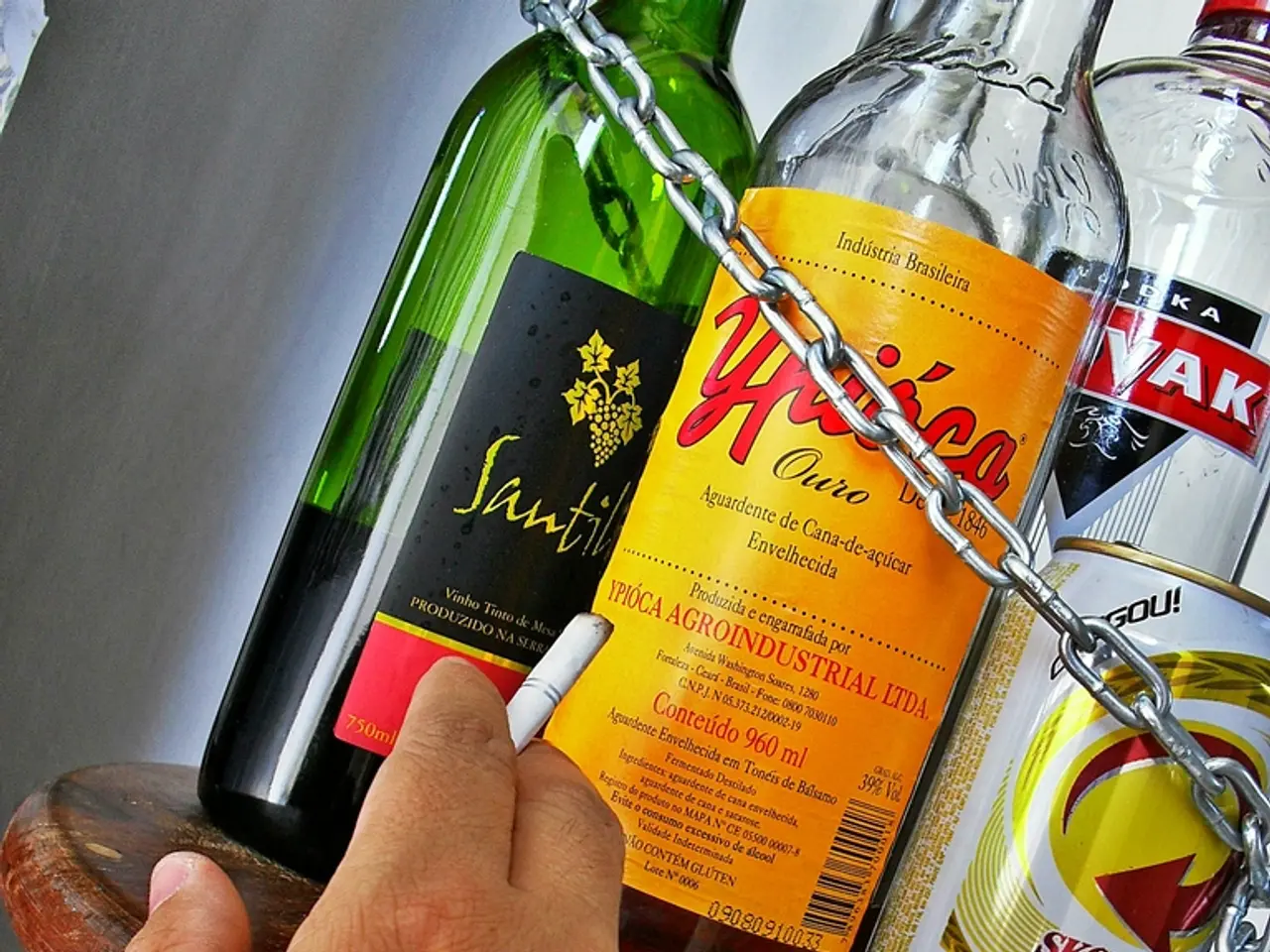Alleged Systematic Use of Forced Labor in Cuban Prisons
In a shocking revelation, a recent study titled "The Business of the Cuban Prison System: 60,000 Inmates Exploited as Forced Laborers," presented by Prisoners Defenders, has accused the Cuban state of benefiting from forced labor in its prisons.
The study, based on 53 interviews with inmates and another 107 interviews with inmates and sometimes their relatives, has brought to light the harrowing conditions under which these laborers are expected to work. One such individual, Ovadys Armas Vásquez, was a forced laborer in Cuba. Vásquez, a coal maker, produced charcoal from Marabú thorny branches, working 12 hours a day without protective clothing, often in the scorching sun, and under precarious sanitary conditions.
The number of deaths in Cuban prisons between January and June 2025, as reported by Justicia 11J, is 24. However, the connection between these deaths and forced labor is unclear.
Giselle Morfi of CubaLex has stated that forced labor is a general and systematic practice in Cuba, violating Convention 29 against forced labor of the International Labour Organization (ILO). This allegation is further supported by Juan Elias Navarro, a critical blogger from Santiago de Cuba, who expressed surprise about the scale of forced labor in Cuba.
Pavel Vidal and Omar Everleny Pérez, Cuban social scientists, are not surprised by the fact that inmates in Cuba must work, but they are surprised by the figure of 60,000 forced laborers in Cuba's prison system. Navarro, on the other hand, suggests that work in Cuban prisons is often more of a privilege than a punishment.
The EU will not be able to avoid questions about the conditions under which people work in Cuban prisons. Charcoal worth around 60 million euros, exported from Cuba to Spain and further to countries like Portugal, Italy, and Germany, is a part of this allegation. However, the search results do not provide information on which Spanish companies are involved in coal production and exports related to the Cuban prison system or which countries import this coal.
Inmates in Cuba who refuse to work do not receive any sentence reductions and must serve their full time. Cuba lacks independent complaint and review mechanisms, making the scale of forced labor difficult to measure. Questions about the conditions under which people work in Cuban prisons and who benefits from this labor will need to be asked.
Vásquez, who was arrested, interrogated, tortured, and sent to a labor camp after expressing his desire to overthrow the dictatorship, now lives in asylum in the USA. The study accuses the Cuban state of profiting from the labor of individuals like Vásquez, raising serious concerns about human rights violations in the country.
Read also:
- United States tariffs pose a threat to India, necessitating the recruitment of adept negotiators or strategists, similar to those who had influenced Trump's decisions.
- Weekly happenings in the German Federal Parliament (Bundestag)
- Southwest region's most popular posts, accompanied by an inquiry:
- Discussion between Putin and Trump in Alaska could potentially overshadow Ukraine's concerns




